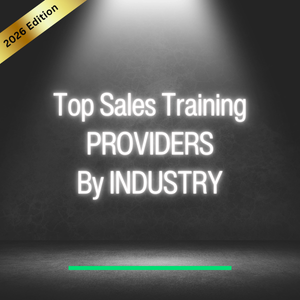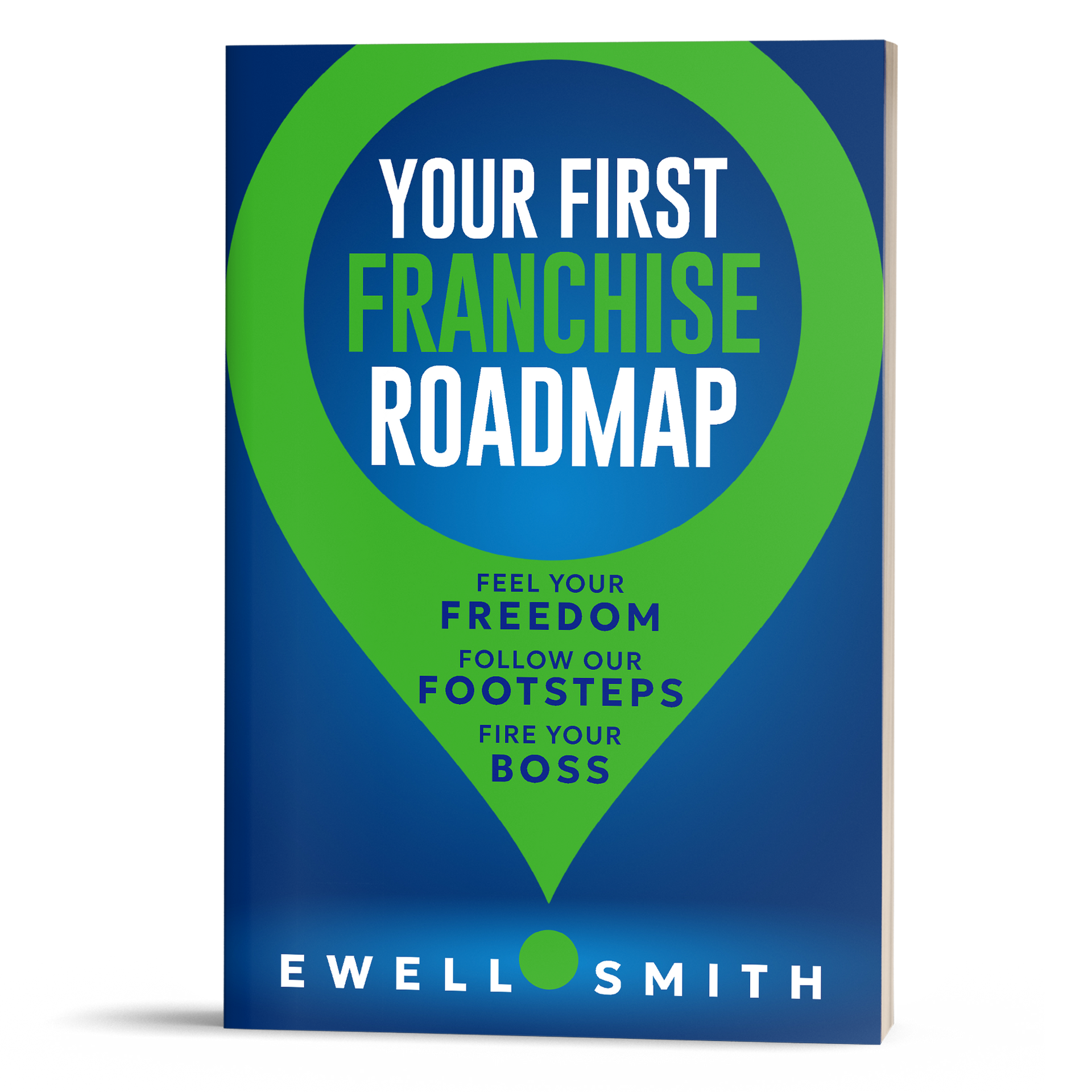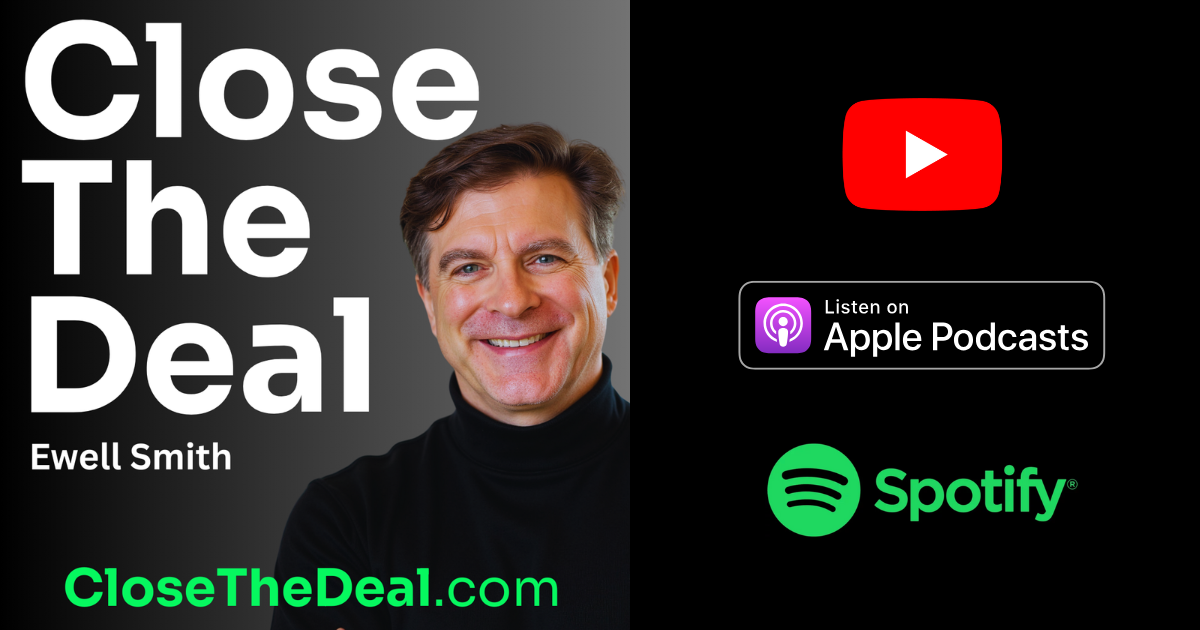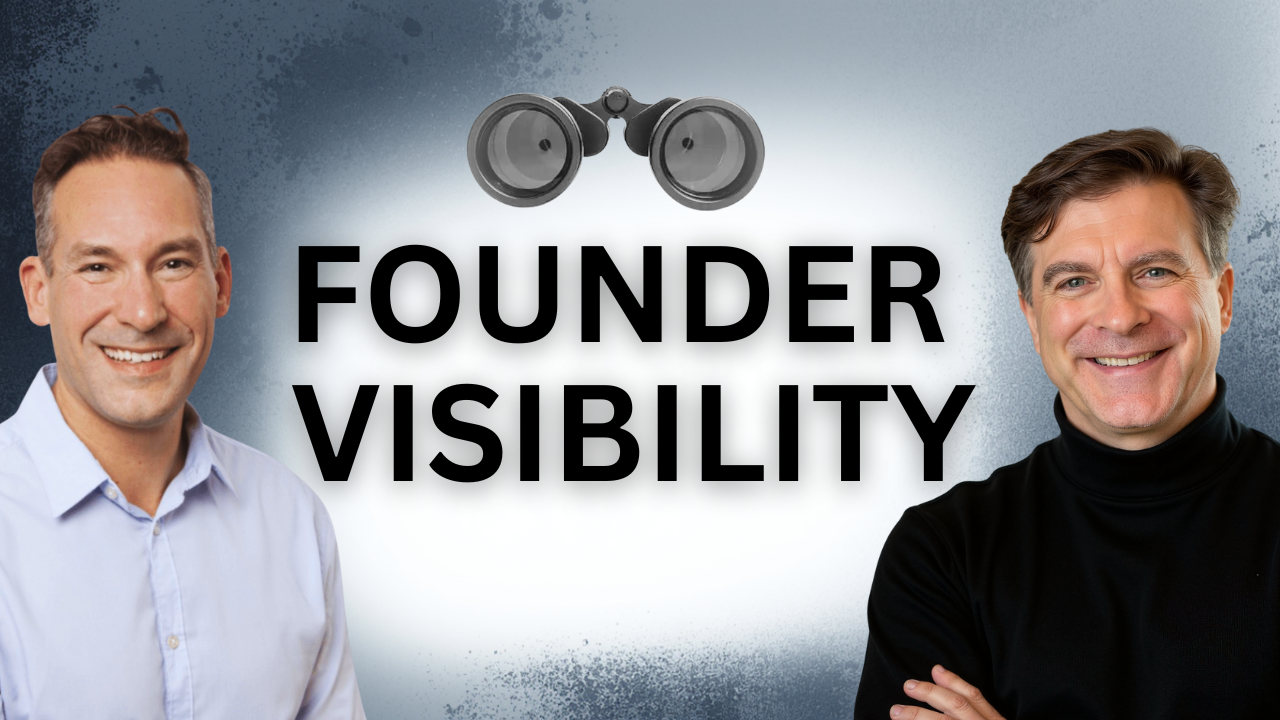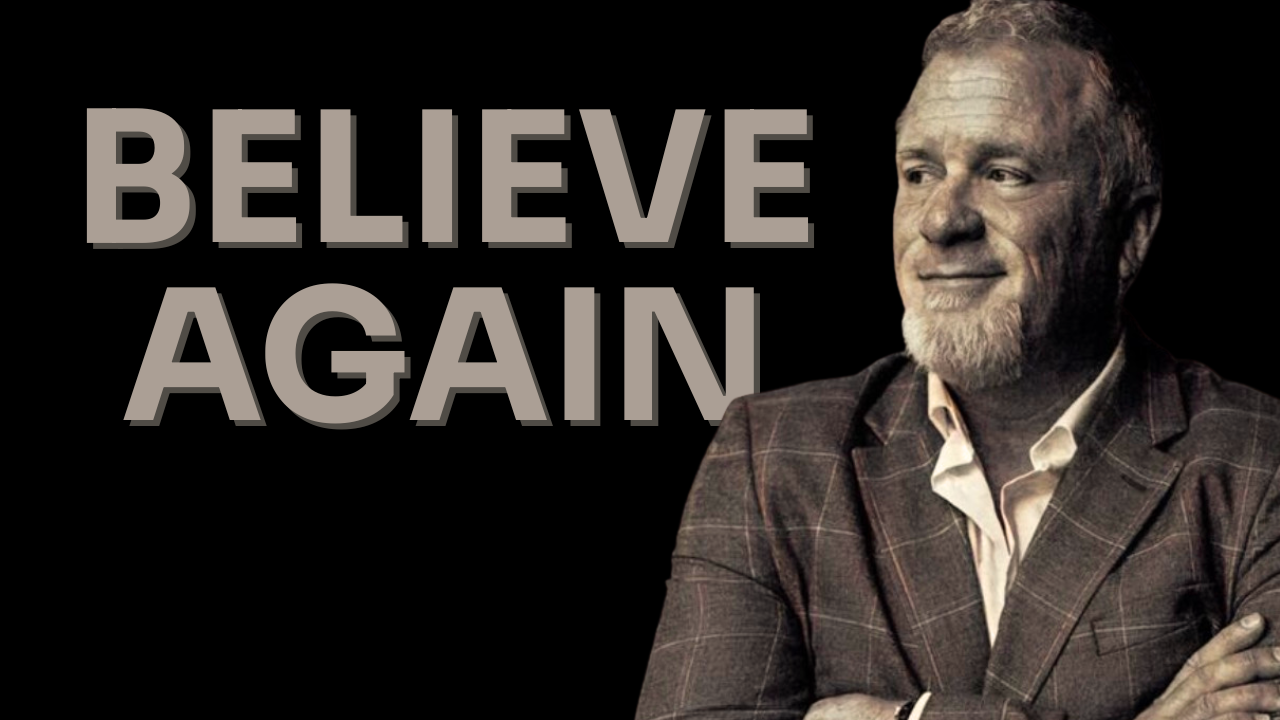September 17, 2025 by Ewell Smith
Real Change Demands Creating, Not Competing: Harlon Pearce - Owner Harlon's La Fish
In business, competing often means chasing someone else’s game. Real change comes when you create new markets, new strategies, and new ways forward. As Harlon Pearce shared in this 100th episode of the Close The Deal Podcast, the businesses that survive aren’t the ones fighting over scraps but the ones bold enough to shape the future on their own terms.
Harlon Pearce's 10 Close The Deal Mindset Success Quotes:
- “When one door closes, there’s always another - but you’ve got to run through it.”
- “The one constant in our business is change.”
- “If you stay in the past, you’re going nowhere. You’ve got to keep moving ahead.”
- “First, earn respect by doing the right thing for the right reasons - then you can affect change.”
- “Change isn’t easy. It costs money, time, and mistakes - but it’s the only way to grow.”
- “If you’re competing, you’re failing. You have to create.”
- “A steady, moderate price with volume beats chasing quick money every time.”
- “Marketing works when you make it fun. Fun brings people in.”
- “Don’t wait for opportunities - create your future instead of waiting for someone else to fix it.”
- “As long as you enjoy and have fun in what you do, you never get too old.”
Learn more about Harlon Pearce
https://www.laseafood.com/
Close The Deal Podcast Player:
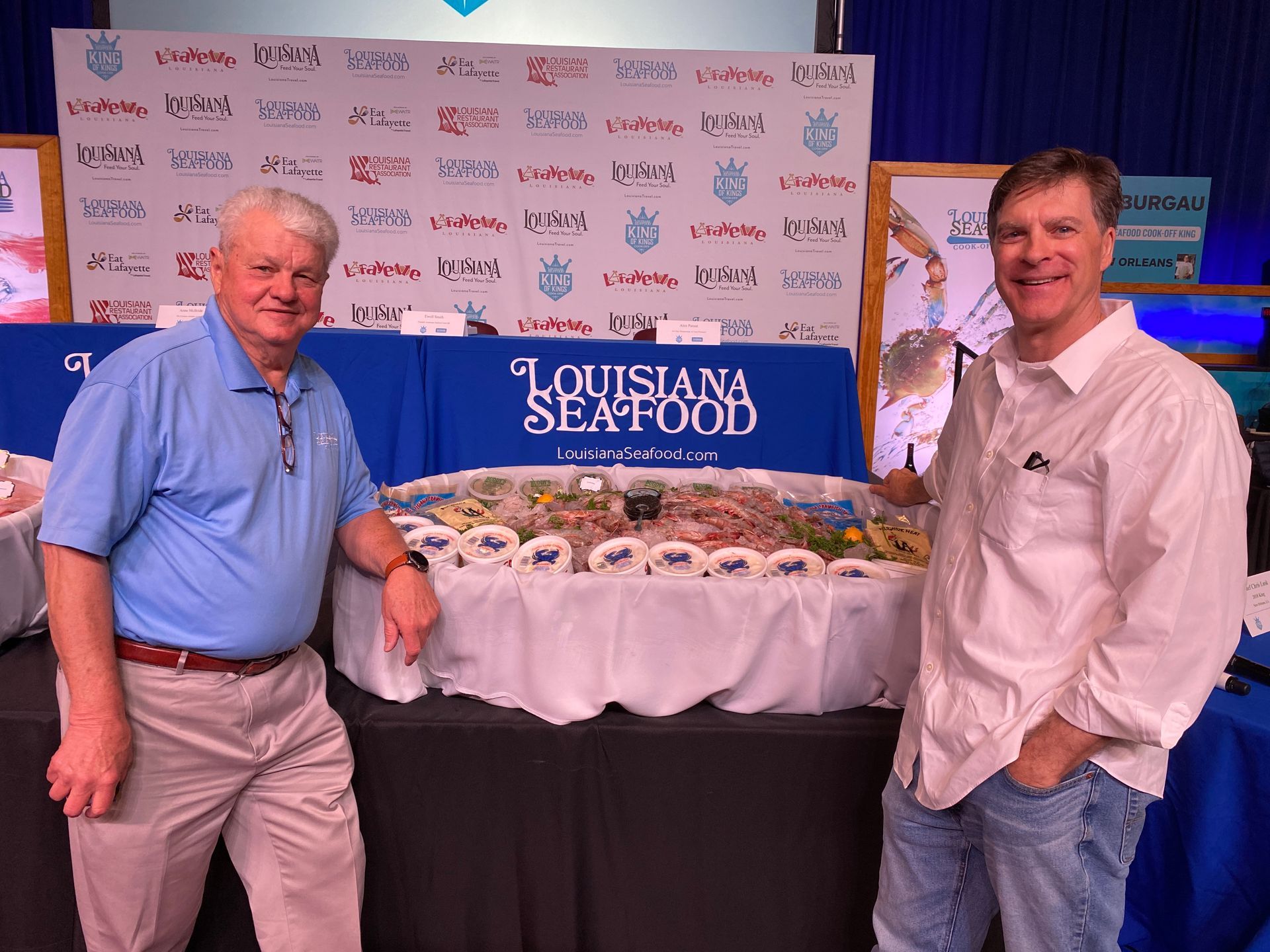
Close The Deal Podcast With Harlon Pearce
Owner: Harlon's La Fish
Change Is the Constant: Lessons from Seafood Pioneer Harlon Pierce
From rebuilding after Katrina to reinventing seafood markets, Harlon Pierce has never slowed down. At 79 years old, he continues to lead, innovate, and prove that one constant in business - and life - is change.
In this 100th episode of the Close The Deal Podcast, Ewell Smith sits down with his longtime mentor to unpack lessons in resilience, leadership, crisis management, and creating opportunity when others see only obstacles.
Harlon Pierce: A Mentor and Leader
Ewell opens the conversation by introducing Harlon as one of his most influential mentors. Together, they endured some of the most challenging crises to ever hit Louisiana’s seafood industry: hurricanes Katrina, Rita, Gustav, Ike, and the BP Oil Spill. Through these experiences, Ewell saw firsthand how Pierce exemplified grit, vision, and adaptability.
Harlon’s leadership extended beyond seafood distribution. He helped create national marketing initiatives, fought for fishermen in Washington, and showed how industries can rise stronger after devastating setbacks.
The Favorite Table to Close the Deal
When asked where he’d take someone in New Orleans to “close the deal,” Harlon named Houston’s on St. Charles Avenue. It’s reliable, consistent, and always delivers—just like his approach to business. For him, success requires creating steady, moderate growth, not chasing flashy wins.
Ewell’s pick? GW Fins, another staple that embodies quality and consistency. The exchange highlighted a key mindset: winning deals requires not only good conversation, but also a setting that represents trust and stability.
Early Influences and the Call of Seafood
Though he once studied law, Harlon was pulled into the seafood business while working for his uncle. He soon realized that seafood offered something law could not: the chance to make a difference every day.
Influential mentors, like Preston Battistella, inspired him to innovate. Together, they developed the now-standard wax-coated seafood shipping box, which helped expand fresh product sales nationwide. This blend of innovation and determination shaped the career that followed.
The Drive at 79: Why He Keeps Going
At nearly 80 years old, Harlon’s drive remains unmatched. His simple philosophy: “If you stop, you stop.” He believes staying active, embracing change, and seeing opportunities keeps both body and mind alive.
Retirement isn’t in his vocabulary because every door that opens presents another chance to build, create, and influence the future.
Crisis Management: Running Toward the Fire
From Katrina’s devastation to the oil spill that shut down seafood markets worldwide, Harlon proved that effective crisis management starts with action.
Two days after Katrina, he was one of the first businesses back open in New Orleans. He cut through downed trees to reach Baton Rouge, opened a new bank account to keep money flowing, and found facilities to resume operations. By housing employees in FEMA trailers behind his plant, he not only restarted his business but helped his team survive.
His philosophy? In a crisis, you must earn respect by doing the right thing for the right reasons. That respect builds credibility with decision-makers—and makes it possible to secure the resources needed to recover.
Creating New Markets: Wild Catfish and Beyond
Harlon’s recent pivot into wild catfish is proof that opportunity exists when others aren’t looking. By navigating complex USDA regulations, he built one of the largest wild catfish operations in the country, moving over 300,000 pounds a month.
The key wasn’t just selling fish—it was creating livelihoods for fishermen who had been starving in the shrimp industry. By building a steady, moderately priced market, Harlon ensured sustainability for both his company and the fishermen who supply it.
Marketing Seafood: Make It Fun
Ewell and Harlon reminisced about their post-Katrina marketing campaigns. From building the world’s longest po-boy to throwing chef-driven events in Washington, they turned crisis recovery into a celebration of culture, food, and resilience.
Marketing, in Harlon’s view, must be fun and creative. Serious work is required, but joy is what grabs attention and builds long-term loyalty.
Pricing with Wisdom, Not Greed
Another recurring theme in the conversation was pricing strategy. Harlon warned against the trap of chasing short-term spikes. Inflated prices may bring a quick boost, but they open the door for imports and collapse domestic markets.
Instead, he emphasized the importance of steady, moderate pricing with reliable volume. That’s how you build markets that last.
The Constant of Change
Harlon’s most enduring lesson is simple: change is the only constant. Whether adapting to crises, shifting consumer demand, or global competition, businesses that embrace change thrive while others fade away.
This mindset fueled his work with the Louisiana Seafood Promotion and Marketing Board, the Gulf Council, the Gulf Seafood Institute, and countless other efforts to move the industry forward.
Mentorship and Gratitude
Ewell closed the conversation by reflecting on Harlon’s mentorship. From his first National Restaurant Association show to navigating crises as an executive director, Harlon’s willingness to listen and guide shaped Ewell’s career.
The takeaway for listeners: find mentors. They accelerate your growth, offer perspective, and help you see opportunities you might otherwise miss.
Closing Thoughts
As Harlon put it: “As long as you enjoy and have fun in what you’re doing, you never get too old.”
This 100th episode of Close The Deal Podcast is not just a milestone -it’s a reminder that resilience, creativity, and mentorship are the keys to building businesses, communities, and futures that endure.
Call to Action
No matter the challenge you’re facing, lean into it. Find guidance. Create opportunities. And know that the scars you earn will guide you forward.
Subscribe
Top Sales Training Categories
Sales training programs organized by industry, so you can compare providers that understand your market, sales cycle, and buyers.
Top SaaS Sales Training Programs
Top FinTech Sales Training Programs
Top HealthTech and Medical Sales Training Programs
Top Manufacturing and Industrial Sales Training Programs
Top Real Estate and Mortgage Sales Training Programs
Top AI Tools For Sales - 2026
No fluff. No sponsored rankings. Just tools mapped to how sales actually works today.
Top AI Sales Prospecting Tools
Top AI Email and Outreach Tools
Top AI Conversation Intelligence Tools
Top AI Sales Coaching Platforms
Top AI CRM and Sales AnalyticsTools
Top AI CRM and Sales Analytics Tools
Laid off?
Not valued?
Ready to exit?
Discovered ageism
is real?
Be The Boss.
About the Author
Ewell Smith is the publisher of CloseTheDeal.com and host of the Close The Deal Podcast, where he speaks with founders, sales leaders, and operators about building effective sales systems and scaling revenue. His work focuses on practical sales strategy, marketing execution, and the mindset behind consistent growth.


